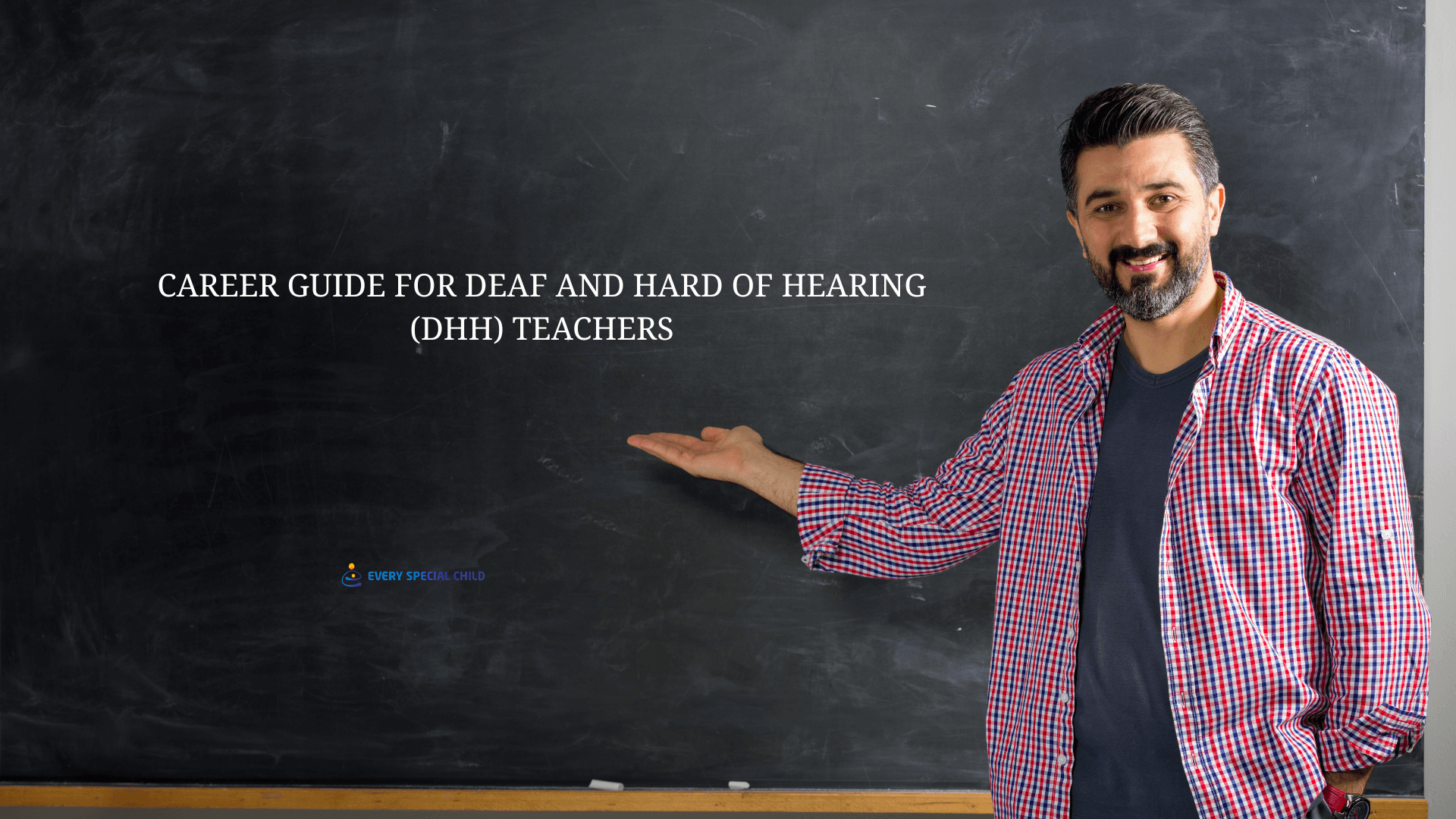
Career Guide for Deaf and Hard of Hearing Teachers offers one of the most rewarding career paths — shaping lives and inspiring future generations. For Deaf and Hard of Hearing (DHH) individuals, becoming a teacher is not just about employment; it’s about making an impact and serving as a role model. This guide walks you through everything you need to know to build a successful career as a Deaf or Hard of Hearing teacher.
What Career Guide for Deaf and Hard of Hearing Teachers Do
Career Guide for Deaf and Hard of Hearing Teachers educate students in a variety of settings, from schools specifically designed for Deaf students to mainstream classrooms. They may teach academic subjects, sign language, or self-advocacy skills. They also support communication access and model inclusion for hearing and non-hearing students alike. Read More Articles
Work Environments
You might find DHH teachers in public schools, private programs for the Deaf, colleges, community organizations, or online learning platforms. The diversity of work environments allows for flexible career choices. See More
Degrees and Certifications
Most Career Guide for Deaf and Hard of Hearing Teachers earn a bachelor’s degree in education or special education. Many pursue additional certification in deaf education or special needs instruction to meet state or national licensing requirements.
Sign Language Proficiency
Fluency in sign language (such as American Sign Language or the national equivalent) is often essential. This skill enables teachers to communicate effectively with students, parents, and colleagues.
Specialized Courses in Deaf Education
Courses in audiology, speech development, and inclusive instructional strategies prepare teachers to meet the diverse needs of their students.
Communication and Adaptability
Clear communication and flexibility are vital. Teachers may need to adapt lessons for visual learning or incorporate different communication methods depending on student needs.
Technology Integration
From captioned videos to interactive whiteboards and FM systems, DHH teachers often use technology to enhance accessibility and learning outcomes.
Empathy and Advocacy
Beyond teaching, DHH educators advocate for their students’ rights and needs, fostering an inclusive learning environment.
Undergraduate Preparation
Obtain a bachelor’s degree in education or a similar discipline first. Seek programs that offer coursework in special education or deaf education.
Earning a Teaching License
Most regions require teachers to pass licensing exams. Check your local requirements for teaching certifications, especially those focused on special education.
Internships and Student Teaching
Hands-on experience is crucial. Student teaching in classrooms with Deaf or Hard of Hearing students gives you practical skills and confidence.
Working in Special Education Programs
Many DHH teachers work in schools exclusively for Deaf or Hard of Hearing students, focusing on tailored instruction and communication support.
Teaching in Mainstream Schools
Others work in mainstream schools, teaching hearing students while promoting diversity and inclusion.
Administrative and Leadership Roles
Experienced DHH teachers can move into administrative positions, become program coordinators, or even develop curriculum at the district or state levels.
Navigating Communication Barriers
Meetings, training sessions, or parent conferences may lack accommodations. Proactively requesting interpreters or captioning can bridge these gaps.
Combating Bias and Stereotypes
Some people underestimate DHH teachers’ abilities. Demonstrating professionalism, excellence, and advocacy helps break down these barriers.
Professional Associations
Groups like the Council on Education of the Deaf (CED) or local teacher unions provide networking, training, and support for the Career Guide for Deaf and Hard of Hearing Teachers.
Mentorship and Peer Support
Connecting with mentors or peers who understand your experiences can provide valuable guidance and encouragement.
Factors Affecting Salary
Salary varies by location, experience, and education level. Teachers with advanced degrees or specialized certifications may earn higher wages.
Demand for DHH Teachers
With increased emphasis on inclusion and accessibility, demand for qualified DHH teachers is growing, offering good job security and opportunities.
Continuing Education
Pursue master’s degrees, certifications, or workshops to stay current with teaching methods and technology.
Building a Professional Network
Attend conferences, join online forums, and engage in professional organizations to expand your network and career opportunities.